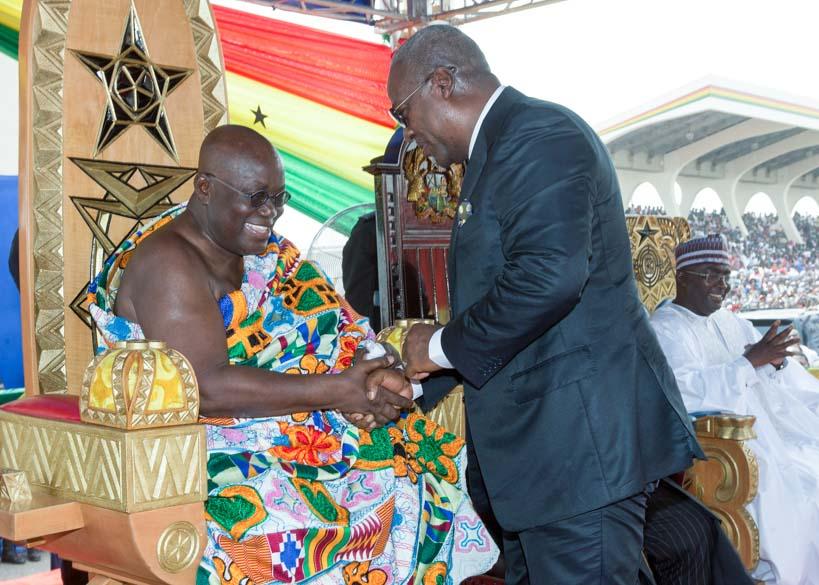A Year On! Did the Internet Impact Ghana’s Elections for the first time?

Exactly a year ago, Ghana was at the polls to elect parliamentarians and a President. A lot happened, in the online space before the elections.
Probably one that a lot of people will not forget was the pronouncement by the then Inspector General of Police (IGP) John Kudalor. He announced the Ghana Police Service was considering blocking social media across the country on election day.
His announcement did not go well with a lot of people, and I remember how the BloggingGhana community was not enthused with the move. He later explained in an interview with Joy News, that “If people are churning out the type of information which are quite false then why not? The security of this nation is paramount.”
Given the huge popularity, usage and penetration of the Internet and Social Media in Ghana, it would be totally wrong to assume it did not have any effect on the election. Politicians from the then ruling NDC, as well as their counterparts from the NPP, PPP, etc all harnessed the power and tools of the internet to reach the “masses” and convince them to vote.
Using social media as an effective marketing campaign is not a new thing. In the last US election, multiple releases by Facebook has revealed how much the social media network was used, and the extent to which it had an impact, even leading to offline events in some scenarios.
The last election before the 2016 elections happened in 2012. Yes, there was social media. Yes, there were internet users. Yes, there were blogs. No, they didn’t play many roles. Traditional media and traditional campaign methods still led the way.
That is not to say that the traditional means of doing the business of elections lost their impact. Rather, more emphasis was given to social media.
Now to the big question: Did the internet impact Ghana’s election for the first time in the 2016 election? The answer would be YES!
How so?
First, there was so much social media discussion and information sharing that one would think the elections were going to be won on social media. The seriousness of the discussions and sometimes the heat that attributed them led to the “preaching of peace” on social media too.
Notable among them was Penplusbytes’ “Ghana Elections 2016: Social Media Monitoring for Peaceful Elections” Project. The Project tracked potential elections irregularities on social media for a period before the election in December.
You remember Politicians streaming campaign live on Facebook? Yes, politicians believed so much in social media that there were more campaigns streamed on Facebook than on television stations.
For one, streaming on social media was less expensive and you could provoke actual discussions while the event is in the process, as well as reach electorates faster and more conveniently.
These broadcasts, particularly those of the NDC and NPP were so popular that at the climax of the election campaign season, there were tens of thousands of viewers during such broadcasts.
Social media was often used as a means to keep vigilante one the election day and throughout the counting process. Many people, even before election day, had said they did not want a repeat of the election petition. They, therefore, had to “open their eyes”, and more often than not, they used social media to open the eyes of people who could not be there with them physically.
Did this sort of been vigilante work? To a large extent, I would say it did. It brewed confidence in the electoral process. After all, in Ghana, Seeing is believing!
The internet and social media are here to stay, and the impact in the 2016 Ghana Elections is just the beginning. A year on, and the Internet and Social media continue to harness so much strength that they are been used to tackle national issues and hold very interesting discussions.
